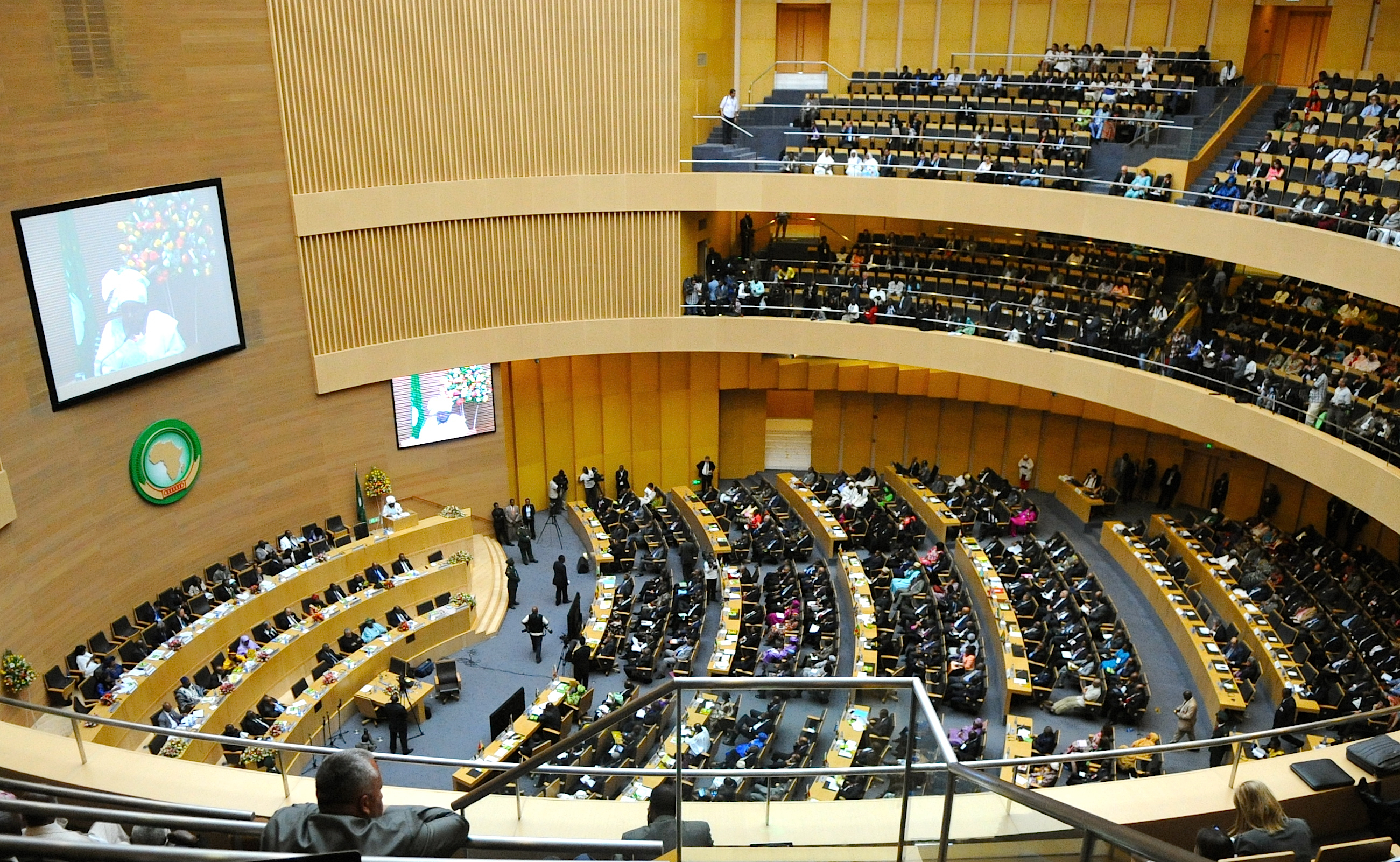President Danny Faure was among leaders attending the African Union (AU) heads of state Summit which was the 30th session. The summit took place in Addis Ababa, Ethiopia end of January this year. The president was reported to have left on the 27th and returned on 29th.
The African Union Summit touched on two major issues which seek to define AU’s relevance to the continent as a regional entity. The issues included continuation of reforms in the AU which were originally proposed by President Paul Kagame of Rwanda. President Kagame was the chair of the 30th session summit. Additionally, the summit looked into the adoption of free movement strategy within AU member nations. This was aimed at promoting further integration of the African Union countries and the continent at large.
President Faure was keen to speak on Africa Agenda 2063 and flagship projects implementation during the summit. The Agenda is a strategy aimed at transforming socio-economic sectors of the African Union countries over the next 50 years. The flagship projects contained in this Agenda are those that were viewed as relevant and urgent to the countries having been approved by the AU Summit.
President Faure also said that there was progress seen in sectors such as the Single African Air Transport Market. However, he noted with concern that many of the flagship projects were experiencing delays in amendment processes. The president called for the development of strategies to address such delays during the summit. Seychelles Secretary of State was also keen to note that there was more to be done in encouraging links and synergies between private sectors to foresee full realization of the projects.
President of Seychelles, Danny Faure cited as an example the partnership between African Ship Owners Association with Seychelles Petroleum Company (SEYPEC). This partnership would be an effort to host the upcoming summit in the Islands’ Capital, Victoria taking place in April 23rd-26th this year. The summit will address issues promoting African participation and ownership in the continent’s shipping industry. It will also look into the development of an African Fleet of ships.

